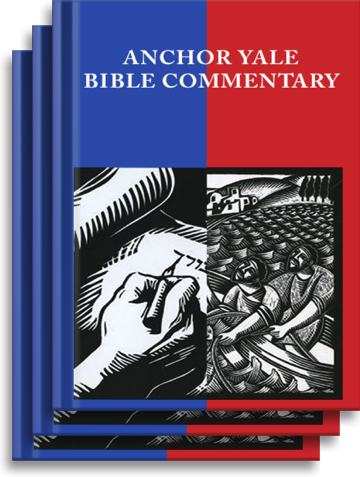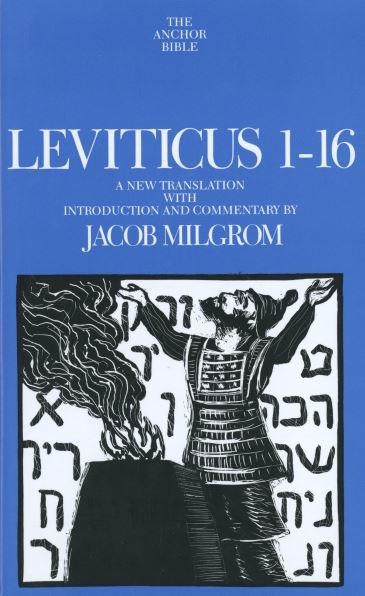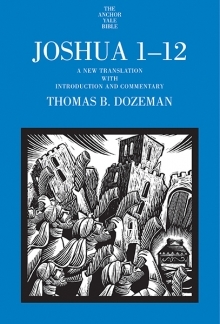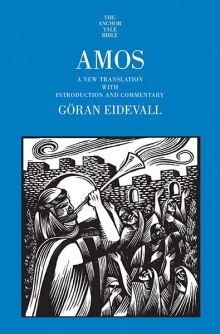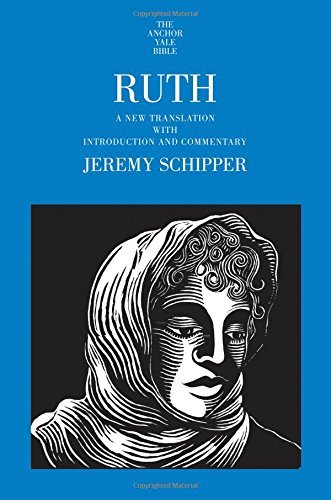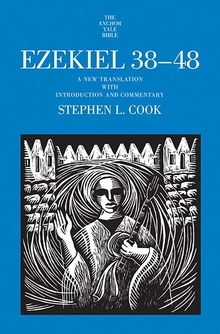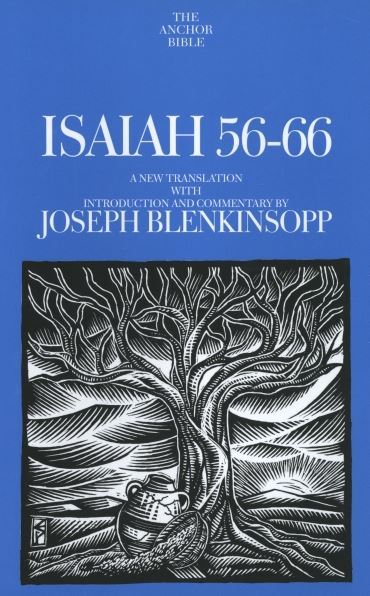


Anchor Yale Bible Commentary: Leviticus 23-27 (AYB)

Anchor Yale Bible Commentary: Leviticus 23-27 (AYB)
Jacob Milgrom, a rabbi and Bible scholar, has devoted the bulk of his career to examining the laws of the Torah. His incisive commentary on Leviticus, which began with Leviticus 1-16, continues in this last volume of three. It provides an authoritative and comprehensive explanation of ethical values concealed in Israel's rituals. Although at first glance Leviticus seems far removed from the modern-day world, Milgrom's thoughtful and provocative comments and notes reveal its enduring relevance to contemporary society.
Leviticus 23-27 brings us to the climactic end of the book and its revolutionary innovations, among which are the evolution of the festival calendar with its emphasis on folk traditions, and the jubilee, the priestly answer to the socio-economic problems of their time.
With English translations that convey the nuance and power of the original Hebrew, this trilogy will take its place alongside the best of the Anchor Bible Commentaries.
Jacob Milgrom is Professor Emeritus of Biblical Studies at the University of California, Berkeley. The author of five scholarly books and more than two hundred articles, he was named a fellow of the Guggenheim Foundation, a fellow of the Institute for Advanced Studies in Jerusalem, and a senior fellow of the Albright Institute of Archaeological Research. Now retired, he and his wife, Jo, live in Jerusalem.
THE ANCHOR YALE BIBLE COMMENTARY SERIES is a project of international and interfaith scope in which Protestant, Catholic, and Jewish scholars from many countries contribute individual volumes. The project is not sponsored by any ecclesiastical organization and is not intended to reflect any particular theological doctrine.
The Anchor Yale Bible is committed to producing commentaries in the tradition established half a century ago by the founders of the series, William Foxwell Albright and David Noel Freedman. It aims to present the best contemporary scholarship in a way that is accessible not only to scholars but also to the educated nonspecialist. Its approach is grounded in exact translation of the ancient languages and an appreciation of the historical and cultural context in which the biblical books were written supplemented by insights from modern methods, such as sociological and literary criticism.
